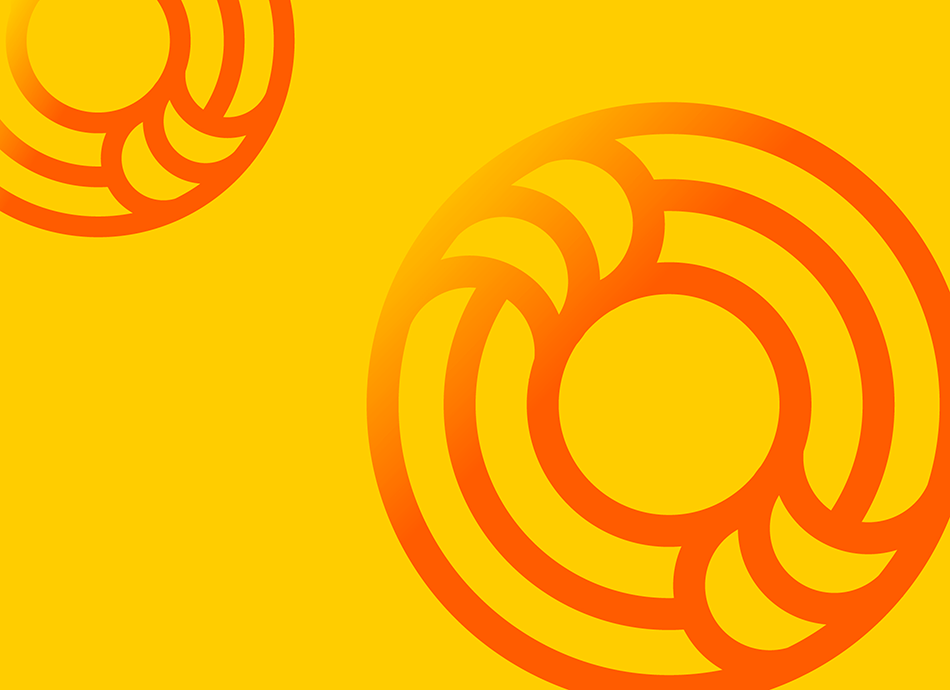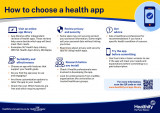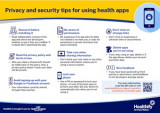Gout is a long-term condition that can be easily managed with medicines to treat an acute flare and prevent recurrent gout attacks.
App reviews: gout apps
Currently there are no gout apps that we give a strong recommendation. A review evaluating gout apps identified the following shortfalls of gout apps currently available in app stores — Google play and iTunes (Kieser, et al 2018(external link))1:
- apps lack the ability to track health parameters specific to gout
- some apps have incorrect and misleading information
- limited accessibility – only available on a single platform; some apps had a annual fee, etc
- apps are infrequently updated.
Other apps you may find useful
Medication reminder apps: apps that can help you keep track of medications. They can send you a reminder to take medicines and you can record when you have taken the dose.
Gout apps — help me choose?
A study investigating mobile applications to enhance self-management of gout identified the following patient-focused criteria to be desirable in apps that promote self-management of gout.2
- Take urate-lowering therapy to reach and maintain serum uric acid below a target concentration to prevent crystal formation and to promote crystal dissolution.
- Take colchicine or NSAIDs during first months of urate-lowering therapy as prophylaxis against acute attacks.
- Monitor and track serum uric acid regularly during upward titration of urate-lowering therapy and after target is reached.
- Record number and severity of acute attacks.
- Treat associated comorbidities and risk factors of gout such as hyperlipidemia, hypertension, hyperglycaemia, obesity and risk factors such as alcohol intake, purine intake and fructose intake.
- Follow non-pharmacological advice such as lifestyle advice regarding weight loss of overweight, diet (limit purine-rich food, reduce alcohol {especially beer}).





